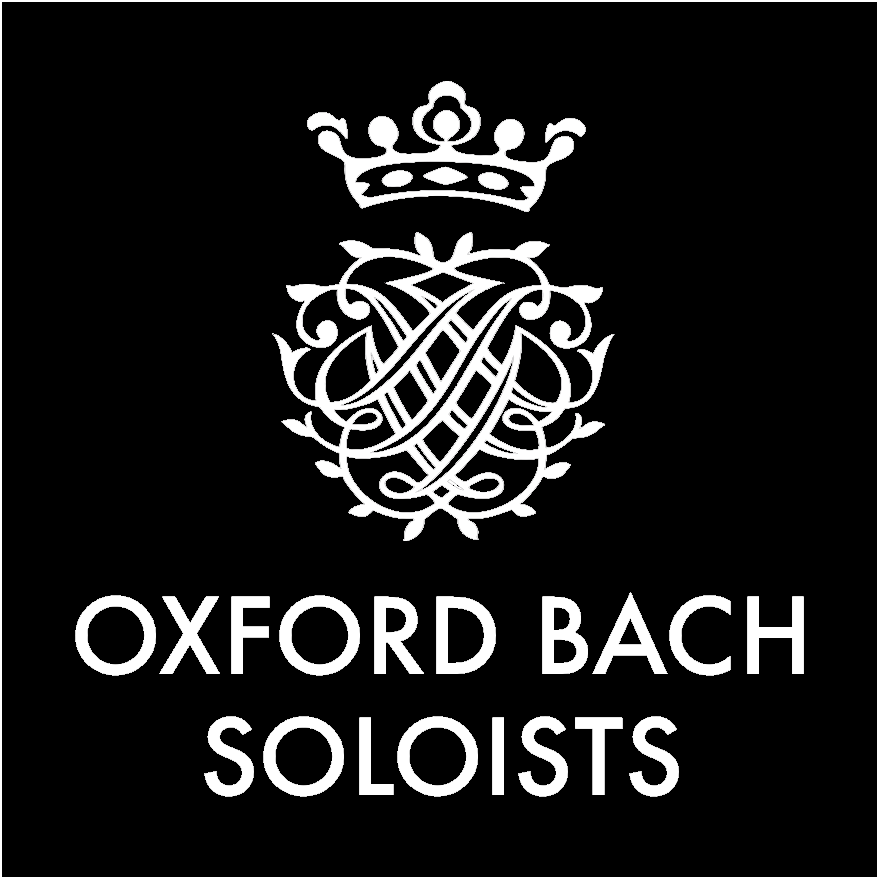Oxford Bach Soloists brings to life two of Bach’s earliest cantatas on 4 March composed during his time in service to the Weimar Dukes – but it’s not as simple as it sounds…
We begin with Duke Johann-Ernst II. He had two sons who ruled jointly after his death in 1683. The elder, Wilhelm Ernst, 1662-1728, resided in the great Wilhelmsburg Palace. His slightly younger sibling, Johann Ernst III, 1664-1707, resided in the nearby Rotes Schloss.

The Wilhelmsburg Palace in Weimar around 1730
Bach had two periods working in Weimar. The first was in 1703 when he was given a temporary position as a ‘Laquey’. Bach was only 17 at the time and played violin in the duke’s own chamber music ensemble. He described his position more as ‘Court Musicus in Weymar for Johann Ernst’. However, Bach did not stay long as a more permanent position arose in Mülhausen.
But a few years later in 1708 Bach returned to Weimar. This time employed by Duke Wilhelm Ernst rather than his younger brother, who had recently died, and whose son, Ernst August became new the co-ruling Duke. Being of a similar age to JS Bach, the ‘new’ Duke’s court at the Rotes Schloss (Red Palace) was much less stuffy and more lively than at Wilhelmsburg where Bach was formally employed.

Schlosskirche, Weimar, 1660
This time Bach was to remain at Weimar for 10 years and as court organist at the castle church composed much music for organ.
He also wrote over 30 cantatas laying the foundations for his work to follow in Leipzig at the Thomaskirche.
However, things did not end well. The friction between the two royal households, the Wilhelmsburg and the Rotes Schloss, led Bach to seek alternative employ, moving on to Cöthen and thence to Leipzig. When in 1717 Bach’s ‘official’ employer, Duke Wilhelm Ernst, learned that Bach was seeking employment elsewhere he was so incensed that he issued a court notice landing him in jail:
‘…the former concert master and court organist, Bach, arrested in the “LandRichter-Stube” because of his stubborn testimony and insistent resignation, until 2 December.’
Eventually the resignation was accepted by the court secretary but Bach was only ‘released in disgrace’.

Bach’s Rehabilitation Certificate
Amazingly, in 2008, on the occasion of the 300th anniversary of Bach’s arrival in Weimar it was decided to clear Bach’s name when his ‘release in disgrace’ was officially and formally annulled.
This ‘royal pardon’ was enacted by the only person historically entitled to do so: Prince Michael of Saxony-Weimar-Eisenach, as the descendent of Bach’s former Weimar employer.
Music for the Dukes
Sunday 4 March, 3:15 pm
New College Chapel, Oxford
JS Bach
Orchestral Suite No. 1 in C major, BWV 1066
Alles, was von Gott geboren (All that is born of God), BWV 80a
Himmelskönig, sei willkommen (King of Heaven, welcome), BWV 182
Tickets: £15, £12, £5, Under 18s free


